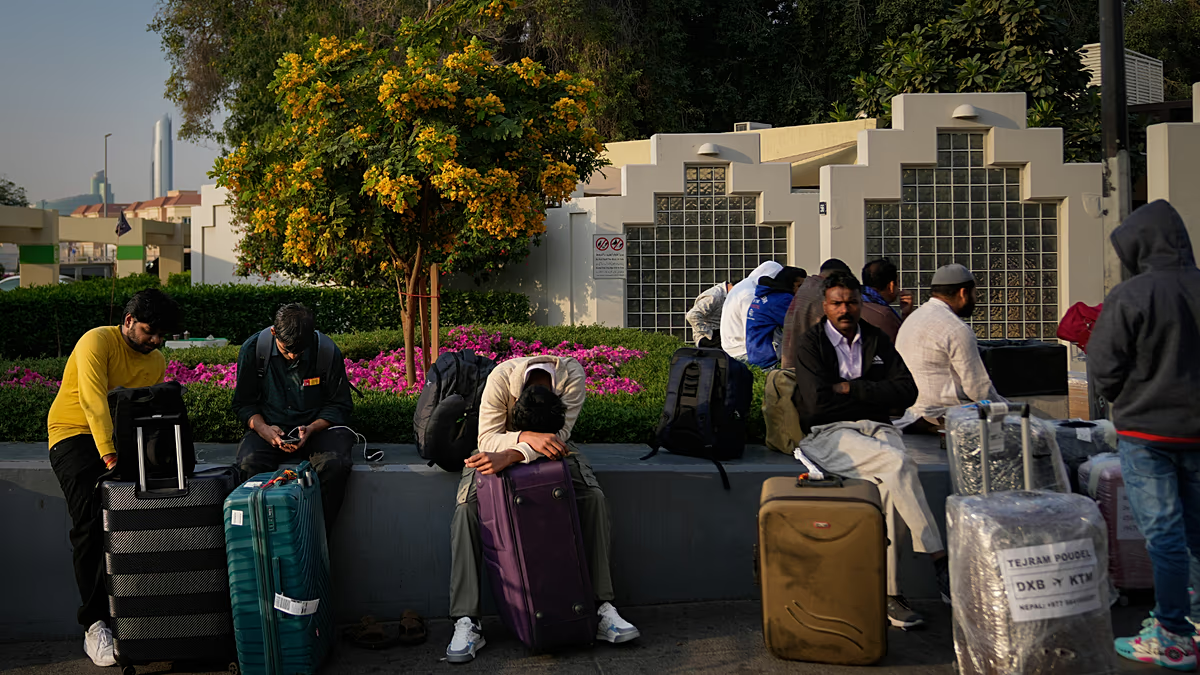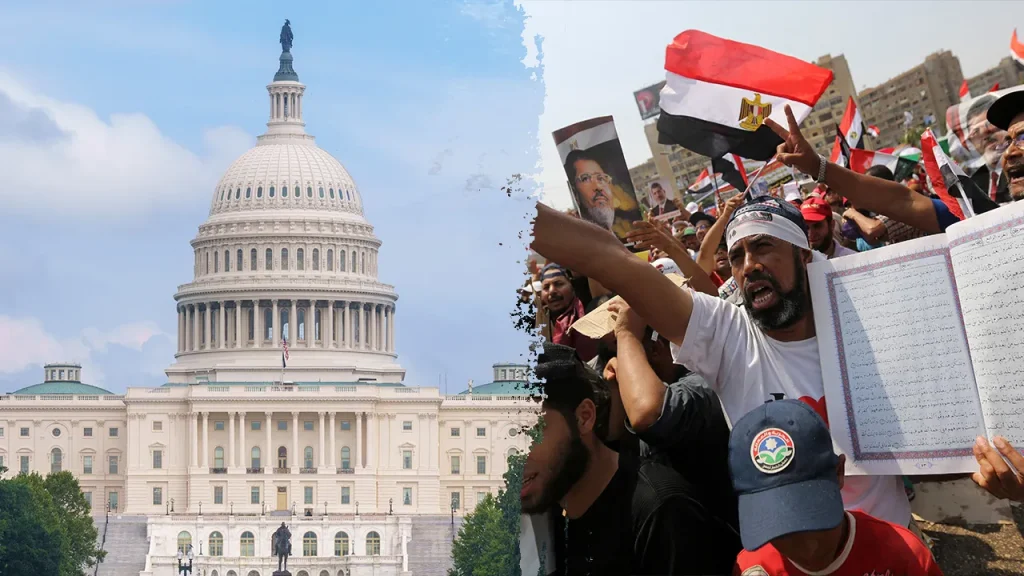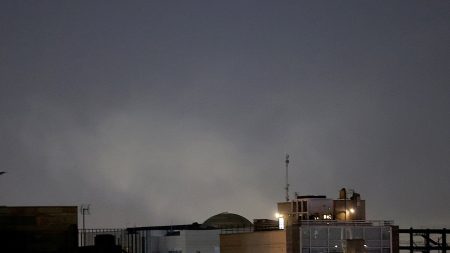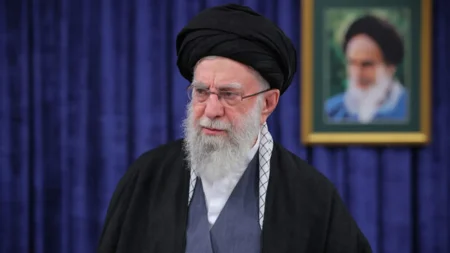Trump’s Executive Order Signals Major Policy Shift on Muslim Brotherhood
President Trump has initiated a significant change in how the United States approaches the Muslim Brotherhood by signing an executive order directing the State and Treasury departments to review specific chapters for potential terrorism designations. This November 24th order represents one of the most consequential shifts in U.S. policy toward the organization in decades, focusing on Brotherhood branches in Egypt, Jordan, and Lebanon. The approach moves away from debating whether to designate the entire movement and instead examines individual chapters based on their specific activities and connections to terrorism.
Senator Ted Cruz strongly endorsed the move, describing it as essential for national security and urging Congress to advance his Muslim Brotherhood Terrorist Designation Act of 2025. Cruz pointed to what he characterized as the Brotherhood’s role in encouraging and facilitating jihadist terrorism worldwide. This targeted approach effectively sidesteps the longstanding debate in Washington about whether the Brotherhood functions as a unified global movement or as a network of distinct national branches with varying agendas and levels of militancy. According to Mariam Wahba from the Foundation for Defense of Democracies, the directive “replaces years of debate with concrete action” by focusing on specific entities with documented leadership structures, financial channels, and alleged connections to terrorist groups.
Across much of the Arab world, the Muslim Brotherhood has already faced severe restrictions for years. Egypt outlawed the organization in 2013, with Saudi Arabia, the United Arab Emirates, and Bahrain following suit, all citing threats to national stability. Jordan dissolved its local chapter earlier this year after arrests related to illicit weapons activities. Austria has also taken legal measures against Brotherhood-linked networks as part of its counter-extremism efforts. Officials in these countries contend that the Brotherhood employs a strategic blend of religious teaching, political activism, charitable work, and media influence to shape public opinion and challenge state authority. The contrast between this restrictive approach in the Middle East and the group’s greater freedom in Western nations has increasingly become a point of tension in international counterterrorism cooperation.
The Brotherhood’s presence in Western countries has evolved differently, with linked organizations operating through charities, advocacy centers, mosques, student associations, and community groups. In the United States, concerns about this presence intensified after a federal investigation in the early 2000s allegedly uncovered an internal Brotherhood memorandum describing its work in America as a long-term effort to influence Western institutions from within. A French government-commissioned report earlier this year warned about the Brotherhood’s influence, though Paris has yet to implement formal restrictions. The organization was founded in 1928 by Hassan al-Banna in Egypt after the Ottoman Empire’s collapse, promoting Islam as the solution to modern political challenges through outreach, social services, and media engagement. Later Brotherhood thinkers like Sayyid Qutb would go on to influence jihadist movements such as al Qaeda and ISIS, creating complex historical connections between the Brotherhood’s ideology and more violent expressions of Islamism.
While the Brotherhood historically maintained a symbolic “general guide” position in Egypt, today it functions as a decentralized network spanning multiple continents. This fragmentation explains why previous attempts to impose a blanket U.S. designation failed. Trump’s order adopts an approach similar to what was used when the United States designated Hamas—which began as a Brotherhood branch in Gaza—as a terrorist organization in 1997. The focus is on targeting components “that engage in violence, not the ideology itself.” The decision also comes amid growing Israeli concerns about what they perceive as a resurgent Islamist bloc supported by Turkey and Qatar. Israeli Prime Minister Benjamin Netanyahu publicly praised Trump’s action, describing the Muslim Brotherhood as “an organization that threatens stability throughout the Middle East and beyond,” and indicated Israel’s intention to expand its own restrictions on the group.
As the State and Treasury departments begin assembling evidence for potential designations, officials emphasize that the goal isn’t a comprehensive ban, but rather a targeted legal process based on provable connections to terrorism. Avner Golov of Mind Israel has suggested that the United States should complement this review with additional measures, including confronting foreign influence in American academia, conditioning arms deals on behavioral changes, and addressing loopholes that might be exploited by organizations with extremist ties. The outcomes of this process could significantly shape how the United States navigates the complex challenge of confronting a movement that remains outlawed across much of the Middle East while maintaining an active presence throughout Western societies. The approach represents a delicate balancing act between security concerns and the protection of civil liberties, with potentially far-reaching implications for counterterrorism policy and international relations in the years ahead.















